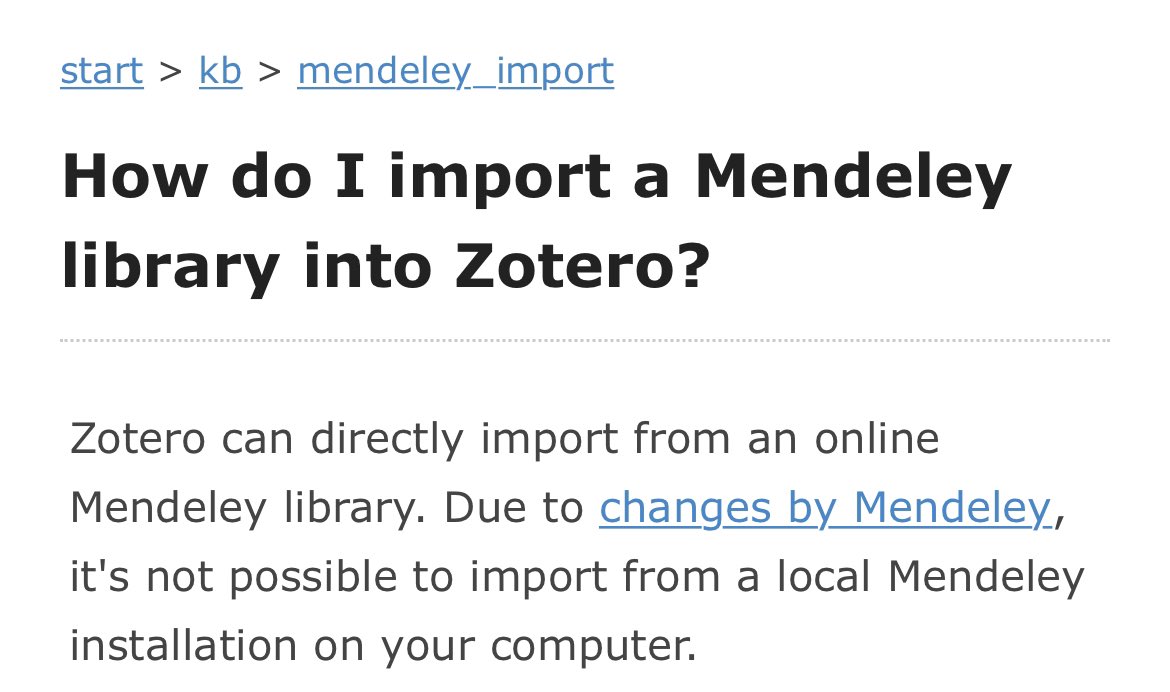
There are a small handful of interesting aspects to the Planet49 cookie-consent CJEU judgement today (only in FR/DE right now): curia.europa.eu/juris/fiche.js…
Firstly, unlike the AG, the Court expressly says that because they were not asked about bundling services (e.g. tracking walls, conditional/coerced consent), they will no comment on it. 

The most interesting thing is how the Court justifies that info on cookie duration/those who can access should be provided. ePrivacy refers to data protection law on the information provided, but as ePrivacy is not always about personal data, the info reqs in DP don't always fit
The AG did this effectively by saying 'what do you need to make an informed decision' (AG Opinion 112-121) curia.europa.eu/juris/document…
The Court focusses more directly on the fairness principle of data protection law (@damicli @Jausl00s), and says explicitly that the 'at least' in arts 13-14 of the GDPR may, depending on the case, need to be extended based on this principle because of the situation. (para 78) 

Considering eg algorithmic accountability, this situational, fairness-focussed view of 'at least' falls in support of the view of @aselbst @juliapowles (the extent of 'right to an explanation' is contextual) cf to the constrained literal reading of @SandraWachter5 @b_mittelstadt
It also falls in support of e.g. the A29 Working Party, on transparency, who note that whether you should provide full recipients or categories of recipients is a contextual choice. Furthermore, they apply a mutadis mutandis approach to art 13-14 wrt recipients/access (para 80).
To me, the end of Planet49 lays firmer groundwork than had previously existed for the judicial expansion of the qualitative requirements for data controllers processing in high risk sitatuions under EU data protection law.
here's an open access reading list on these issues
@fborgesius et al ivir.nl/publicaties/do… on bundling/tracking walls
@damicli @Jausl00s on fairness and DP papers.ssrn.com/sol3/papers.cf…, pretty typeset version academic.oup.com/yel/article/do…
@eleni_kosta papers.ssrn.com/sol3/papers.cf…
@fborgesius et al ivir.nl/publicaties/do… on bundling/tracking walls
@damicli @Jausl00s on fairness and DP papers.ssrn.com/sol3/papers.cf…, pretty typeset version academic.oup.com/yel/article/do…
@eleni_kosta papers.ssrn.com/sol3/papers.cf…
@fborgesius @damicli @Jausl00s @eleni_kosta oh also don't forget @damicli (again) jipitec.eu/issues/jipitec… which was even cited in the AG opinion
• • •
Missing some Tweet in this thread? You can try to
force a refresh



















